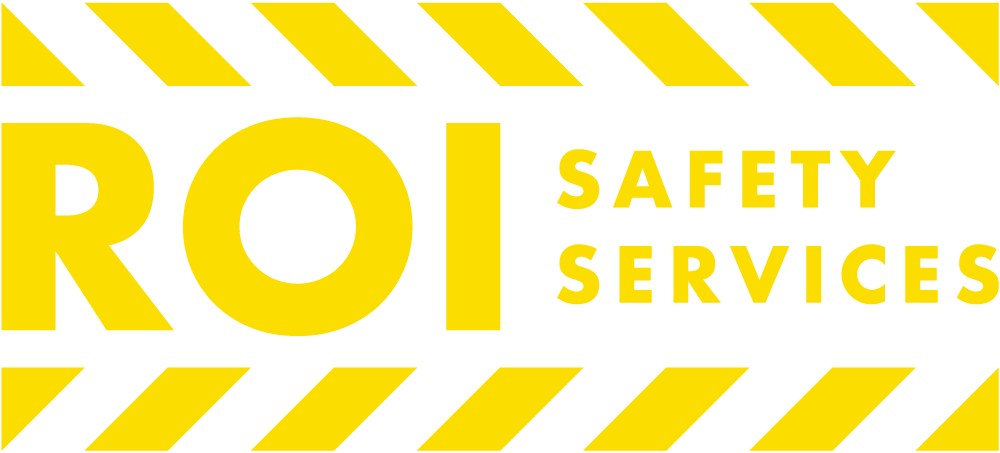
In the dynamic landscape of business, the importance of prioritizing employee well-being cannot be overstated. For small businesses, understanding and implementing effective workers’ compensation strategies is not just a legal requirement but a crucial step toward fostering a safe and productive work environment. In this blog, we’ll explore the significance of workers’ compensation, its impact on small businesses, and practical steps to enhance workplace safety in 2024.
Why Workers’ Compensation Matters for Small Businesses:
Legal Compliance:
One of the primary reasons small businesses should prioritize workers’ compensation is legal compliance. Adhering to state regulations not only safeguards the business from legal consequences but also demonstrates a commitment to ethical and responsible business practices.
Employee Well-being:
Workers’ compensation is a safety net for employees, providing financial support and medical assistance in the unfortunate event of a workplace injury. Prioritizing the well-being of your workforce contributes to a positive company culture and helps attract and retain skilled employees.
Financial Stability:
Effective workers’ compensation management can positively impact a company’s bottom line. By minimizing workplace injuries and efficiently handling claims, small businesses can control insurance costs and maintain financial stability.
Steps for Small Businesses in 2024:
1. Conduct a Comprehensive Risk Assessment:
Identify potential hazards and risks within your workplace. Regularly assess the work environment to anticipate and mitigate potential safety issues. This proactive approach not only protects employees but also minimizes the likelihood of workers’ compensation claims.
2. Invest in Employee Training:
Equip your workforce with the knowledge and skills necessary to perform their tasks safely. Conduct regular training sessions on workplace safety protocols, proper equipment usage, and emergency procedures. Well-trained employees are less likely to encounter accidents, reducing the need for workers’ compensation claims.
3. Foster Open Communication:
Establish a culture of open communication where employees feel comfortable reporting potential hazards or injuries promptly. Encourage the use of reporting mechanisms and ensure that all incidents are thoroughly investigated. Prompt reporting facilitates quicker resolution and prevents minor issues from escalating.
4. Collaborate with Safety Professionals:
Consider partnering with safety services like ROI Safety Services to access expert advice and resources. These services can assist in developing tailored safety programs, conducting safety audits, and ensuring your business remains up-to-date with the latest safety standards.
5. Implement Return-to-Work Programs:
Develop comprehensive return-to-work programs to facilitate the smooth transition of injured employees back into the workforce. These programs not only expedite recovery but also demonstrate a commitment to employee well-being.
As small businesses navigate the complexities of the modern business landscape in 2024, prioritizing workers’ compensation is a strategic investment in both legal compliance and the overall success of the organization. By proactively managing workplace safety, fostering a culture of open communication, and leveraging external safety services, small businesses can create a secure and thriving work environment for their employees.

